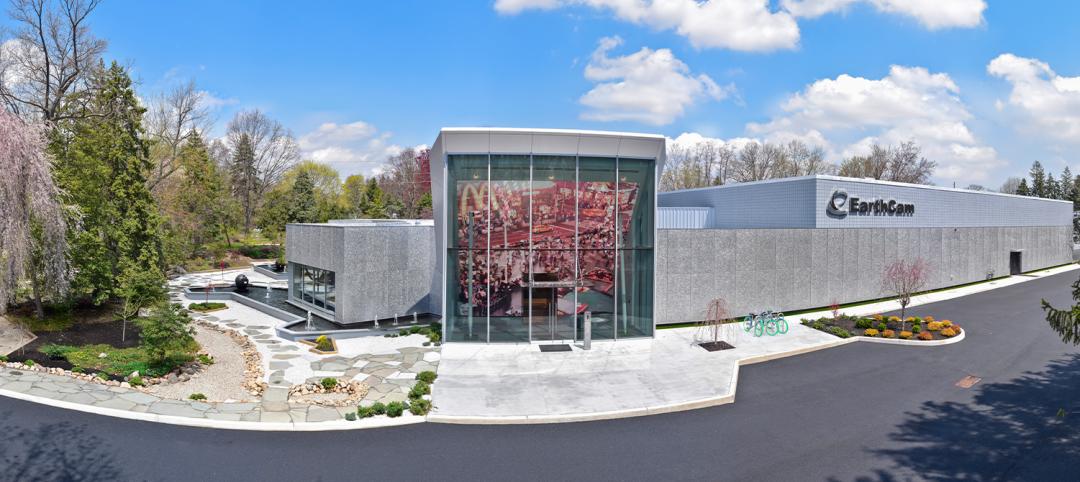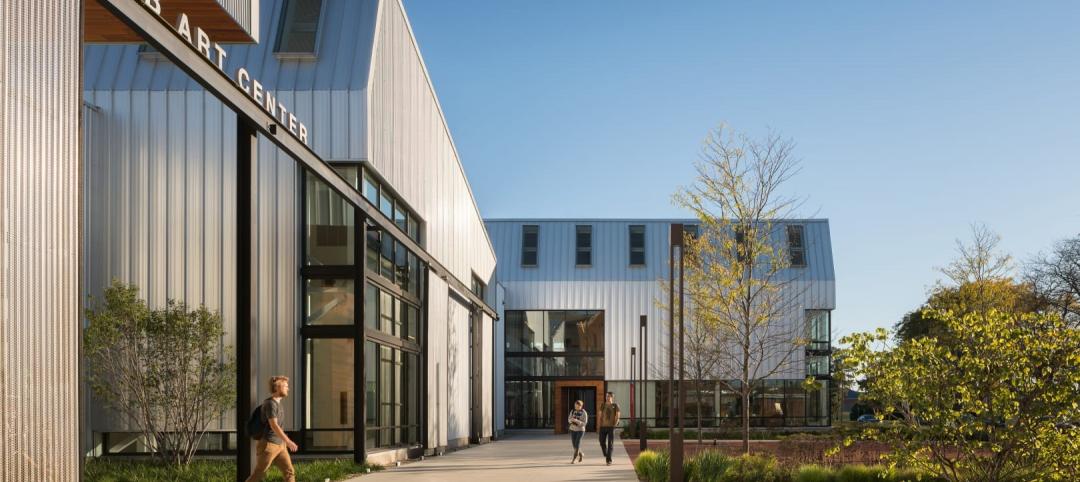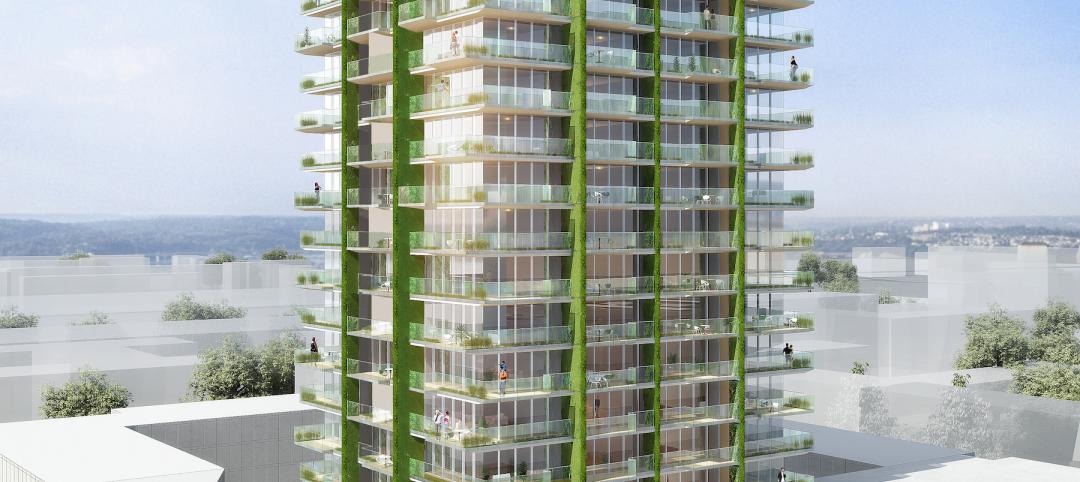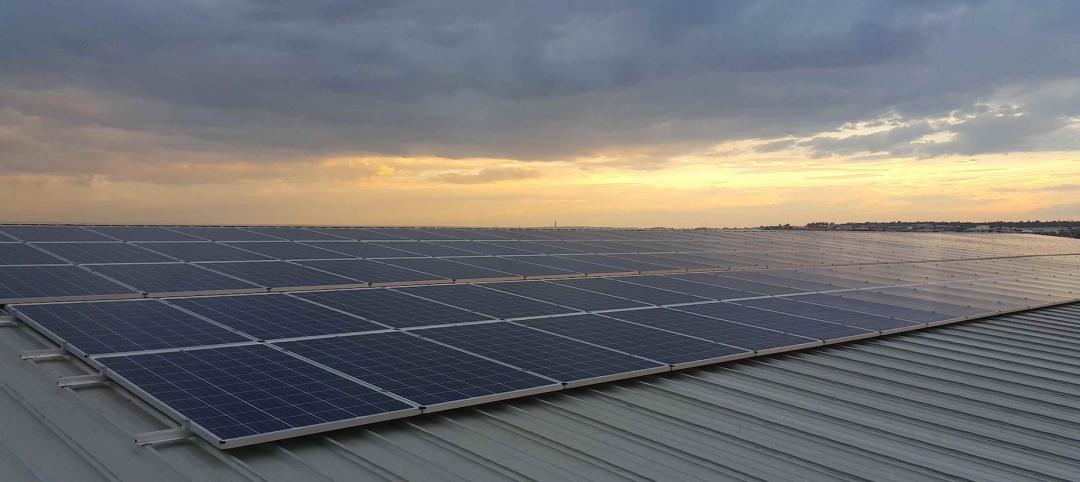November 2016 will most certainly go down in the books as one of the most memorable months in recent decades. If the Chicago Cubs winning the World Series in dramatic Game 7 fashion wasn’t enough to shock you, then the events that unfolded during the late evening on Nov. 8 likely were.
Regardless of which side of the aisle you stand on, election night was a jaw-dropping moment. Donald Trump’s own campaign advisors, along with some of his supporters and pundits, admitted to being astonished as the story unfolded on election night.
On the morning of Election Day, the New York Times set the odds of Trump winning at a scant 15%. “Mrs. Clinton’s chance of losing is about the same as the probability that an N.F.L. kicker misses a 37-yard field goal,” they wrote. Well, Hillary missed a chip shot, and the NYT editors—like many in the media—were left with egg on their face for grossly underestimating Trump’s chances. It was a Dewey Defeats Truman moment.
What does a Trump-led America (coupled with a GOP-controlled Congress) mean for the AEC industry? As with any election, it’s a mixed bag of the good, the bad, and the unknown.
The good: Trump proposes spending up- wards of $1 trillion to rebuild the nation’s roads, bridges, tunnels, water systems, and airports as part of a massive infrastructure bill. While not primarily buildings work, this level of investment would most certainly create real estate development opportunities and needs—whether directly or indirectly—for the AEC community. Infrastructure investment is one of the few pressing issues that garners almost universal support among political leaders in Washington. The trillion-dollar question is, How do we pay for it? Trump’s answer: public-private partnerships and other creative financing methods.
The bad: In his 100-day action plan, Trump outlines several measures that could hit AEC firms in the pocketbook in the near term. On the list is Obamacare, which Trump hopes to repeal and replace with traditional HSA and health insurance initiatives. This move could cause healthcare operators to take a “let’s wait and see” approach to real estate investments, much like they did during the implementation of Obamacare. Having healthcare owners hit the pause button for the second time in six years could severely impact AEC rms. At $87 billion in annual construction spending, healthcare is the largest sector in the nonresidential market.
The unknown: Given the GOP’s contentious relationship with Trump during the election cycle, we could be in for four more years of gridlock in Washington. It’s too early to predict how his ideas will be received by the house and senate.
A recent survey of 306 BD+C readers paints a picture of cautious optimism for AEC firms. Half of the respondents (50.3%) predict that 2017 will be an “excellent” or “very good” business year for their firm. More than half (55.3%) expect their firm’s revenue to increase next year; just 11.5% are forecasting a drop.
On the flip side, when asked to identify their biggest concerns heading into 2017, nearly a third (31.7%) cited “business impacts from the Presidential election” as a top-three burden— only behind “general economic conditions” and “competition from other firms.”
As we head toward Inauguration Day, all we can do is hope the President-elect delivers on much more good than bad.
Related Stories
Sports and Recreational Facilities | Apr 25, 2022
Iowa's Field of Dreams to get boutique hotel, new baseball fields
A decade ago, Go the Distance Baseball formed to preserve the Iowa farm site where the 1989 movie Field of Dreams was filmed.
Building Team | Apr 22, 2022
EarthCam Adds Senior Leadership Roles to Facilitate Rapid Growth
EarthCam today announced several new leadership positions as it scales up to accommodate increasing demand for its webcam technology and services.
Architects | Apr 22, 2022
Top 10 green building projects for 2022
The American Institute of Architects' Committee on the Environment (COTE) has announced its COTE Top Ten Awards for significant achievements in advancing climate action.
Mixed-Use | Apr 22, 2022
San Francisco replaces a waterfront parking lot with a new neighborhood
A parking lot on San Francisco’s waterfront is transforming into Mission Rock—a new neighborhood featuring rental units, offices, parks, open spaces, retail, and parking.
Legislation | Apr 21, 2022
NIMBYism in the Sunbelt stymies new apartment development
Population growth in Sunbelt metro areas is driving demand for new apartment development, but resistance is growing against these projects.
Building Team | Apr 20, 2022
White House works with state, local governments to bolster building performance standards
The former head of the U.S. Green Building Council says the Biden Administration’s formation of the National Building Performance Standards Coalition is a “tremendous” step in the right direction to raise building performance standards in the U.S.
Market Data | Apr 20, 2022
Pace of demand for design services rapidly accelerates
Demand for design services in March expanded sharply from February according to a new report today from The American Institute of Architects (AIA).
Multifamily Housing | Apr 20, 2022
A Frankfurt tower gives residents greenery-framed views
In Frankfurt, Germany, the 27-floor EDEN tower boasts an exterior “living wall system”: 186,000 plants that cover about 20 percent of the building’s facade.
Healthcare Facilities | Apr 19, 2022
6 trends to watch in healthcare design
As the healthcare landscape continues to evolve, IMEG’s healthcare leaders from across the country are seeing several emerging trends that are poised to have wide-ranging impacts on facility design and construction. Following are six of the trends and strategies they expect to become more commonplace in 2022 and the years to come.
Energy-Efficient Design | Apr 19, 2022
A prefab second skin can make old apartments net zero
A German startup is offering a new way for old buildings to potentially reach net-zero status: adding a prefabricated second skin.

















